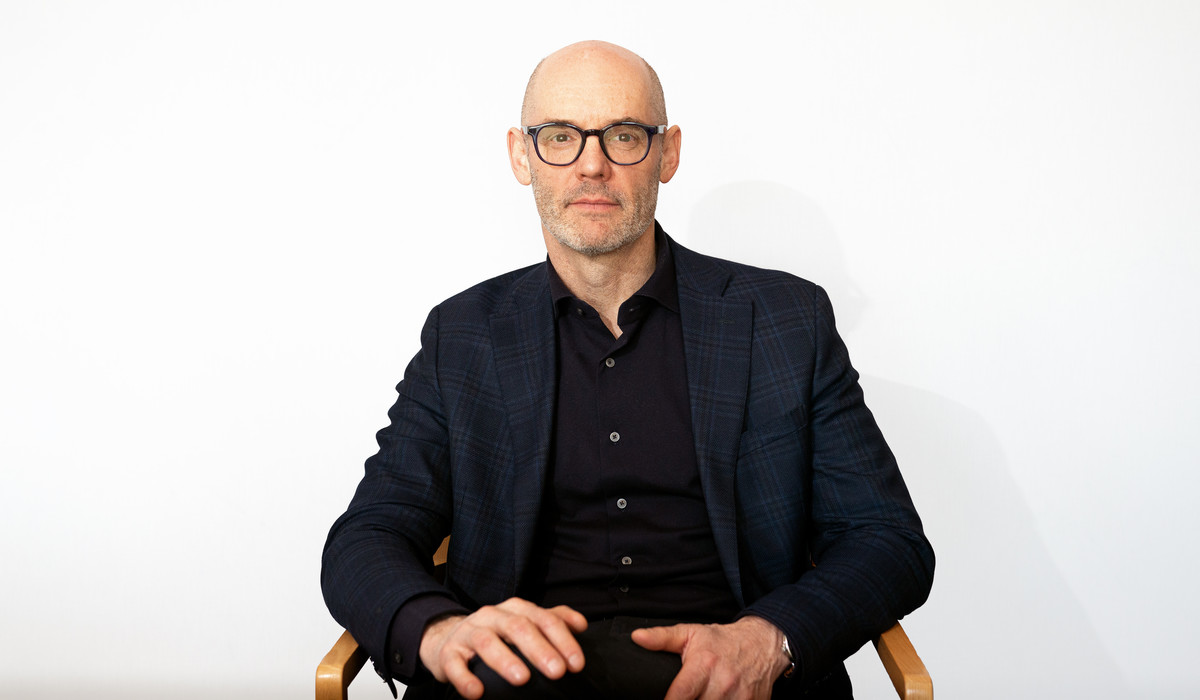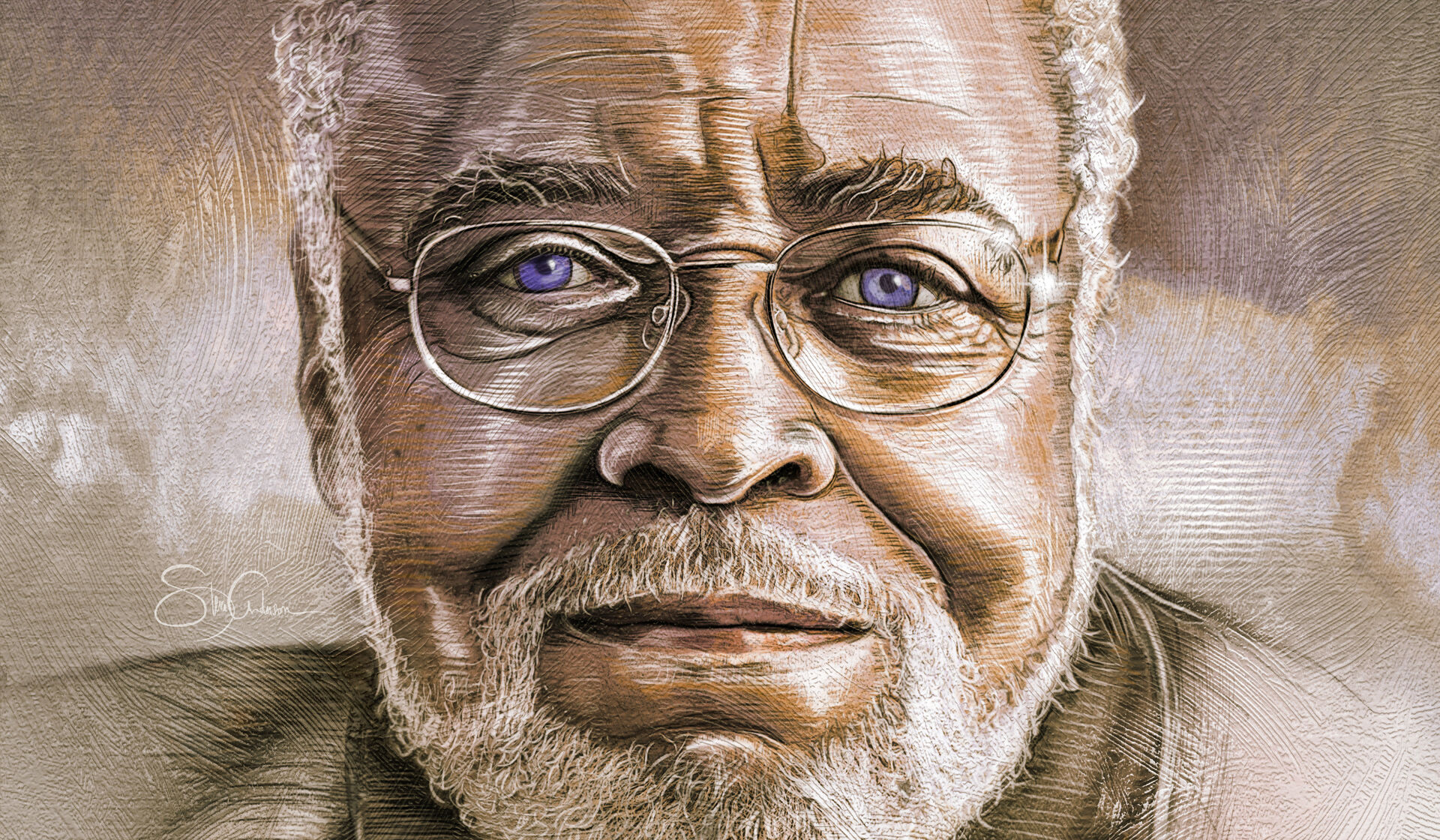Michigan Alumnus spoke with Scott E. Page, a professor in both the Ross School of Business and the College of LSA, about his research into the benefits of diverse organizations.
In your research, you speak of “cognitive” and “identity” diversity. How do you define these terms?
Cognitive diversity refers to differences in what we know, how we solve problems, how we represent problems in our heads, and what dimensions we see or emphasize. Identity diversity refers to differences in race, gender, ethnicity, physical abilities, and the like.
Diversity and inclusion efforts that focus on identity diversity have normative underpinnings—being inclusive is the right thing to do. Diversity and innovation initiatives that emphasize cognitive diversity—creating teams that include engineers and artists—link diversity to collective performance on tasks.
How do they relate to each other?
Though the dichotomy appears analytically clean—our identities are (primarily) external characteristics, our cognitive abilities are internal—the two types of diversity are connected. Our identities play central roles in our lives. They drive our interests and goals. They influence how we see the world and how others interact with us. Thus, a team that lacks identity diversity can be only so cognitively diverse.
How does diversity benefit an organization?
As soon as an organization confronts a task that exceeds the capacity of any one individual, it benefits from diversity.
I am teaching a class, “Collective Intelligence,” on how groups and teams outperform their members. The logic is unequivocal. Collective intelligence depends on diversity and ability. The best academic research, the most influential patents, the best NBA teams, the top hit songs, and the best investment teams consist of talented, diverse people. Talent without diversity earns a B+ at best. Diversity without relevant talent can be a train wreck.
Diversity matters because of the abundance of information and the complexity of the modern world. Pick any important problem or task. Think of how much relevant information exists. Think of how many different experiences a person might have that could be germane to the task. Think of how many skills and perspectives could be useful. You should have three huge sets. A huge information set, a huge experience set, and a huge skills/perspectives set. No way those all reside in the head of one person. You need a diverse team.
How easy or difficult is it to create diverse teams?
Creating effective diverse teams requires three things: the right mix of talents, a culture of mutual validation and trust, and a shared sense of mission. If you’re designing a program to build pathways out of poverty, you want social workers, economists, educators, transportation engineers, mental health experts, and, most important, people from the community. You need group members to validate and seriously consider the ideas of others, and you need the team to agree on a goal.
What can organizations do to encourage members of a diverse team to accept their co-workers?
Getting buy-in poses difficulties if people mistakenly lock into a one-dimensional talent model. An analyst at the NSA who went to an elite university (like Michigan) and received top grades might believe someone “just like” themselves to be more qualified than a Turkish immigrant who struggled academically at a mid-tier college. That thinking ignores the value of the applicant’s deep cultural knowledge of Turkey, language skills, and experience as an outsider.
We live in a world of increasing complexity. We are hyper-connected. We adapt at lightning speed. We have incomprehensible amounts of information and computational power at our fingertips.
Owing to this complexity, we need to leverage our diversity. No one person will solve climate change or the obesity epidemic. Our coming challenges require teams of people with diverse knowledge, skills, perspectives, and interests.





